Psycho (1960)
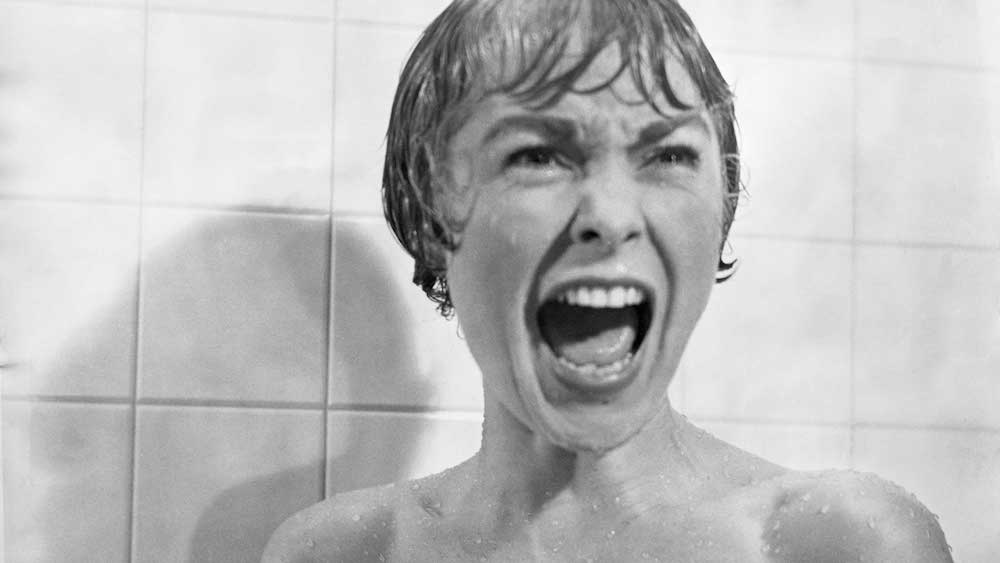
“Psycho,” directed by the legendary Alfred Hitchcock and released in 1960. The film’s based on Robert Bloch’s novel of the same name. It’s a pioneering masterpiece in the horror-thriller genre that remains a defining work of cinematic art.
This iconic film’s celebrated for its innovative storytelling, psychological depth, and enduring influence on the horror genre.
The film’s plot follows Marion Crane, a secretary who embezzles money and ends up at the eerie Bates Motel, owned by the reclusive Norman Bates. The narrative takes a shocking and unexpected turn with the infamous shower scene, in which Marion is brutally murdered.
Hitchcock’s decision to kill off the apparent protagonist early in the film was groundbreaking and a game-changer for cinema. This bold move left audiences disoriented and anxious. The move also sets the stage for the psychological thriller that unfolds.
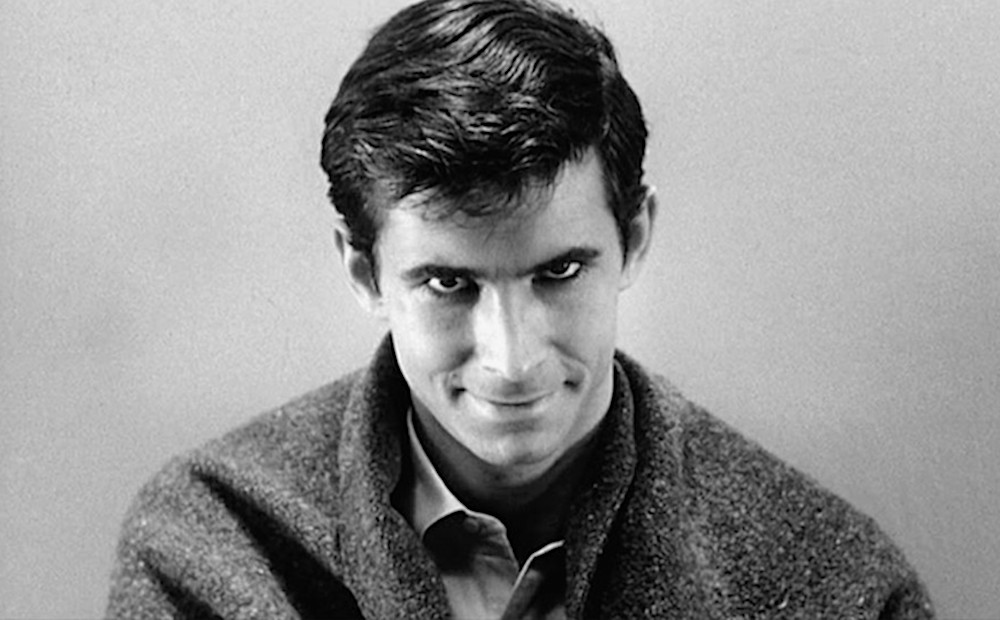
At the heart of “Psycho” is the character of Norman Bates, portrayed brilliantly by Anthony Perkins. Norman is a complex and disturbed character, and Perkins’ performance is chillingly memorable.
The film delves into Norman’s psychological struggles, mainly. His relationship with his domineering mother, adds layers of complexity and intrigue.
Hitchcock’s mastery of suspense is evident throughout “Psycho.” The film is a textbook example of how to create tension through precise camera work, editing, and sound design.
The chilling score composed by Bernard Herrmann, featuring the eerie and iconic shower scene music, adds to the film’s atmosphere of unease. The film’s cinematography, particularly the use of black and white, contributes to its timeless quality.
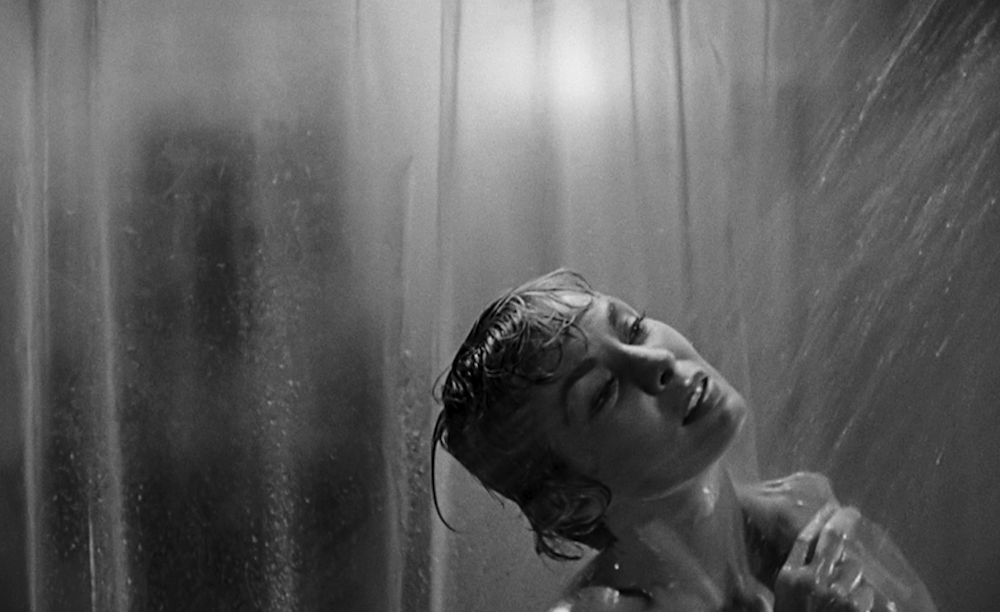
Hitchcock’s decision to film in black and white was strategic, as it allowed him to explore the graphic violence in a way that was less visually explicit compared to color films of the time. This artistic choice enhanced the psychological impact of the film.
“Psycho” had a profound influence on the horror genre, inspiring countless filmmakers and giving birth to the slasher subgenre. It introduced the concept of the “final girl” and set a precedent for the portrayal of complex, often sympathetic, and deeply troubled villains.
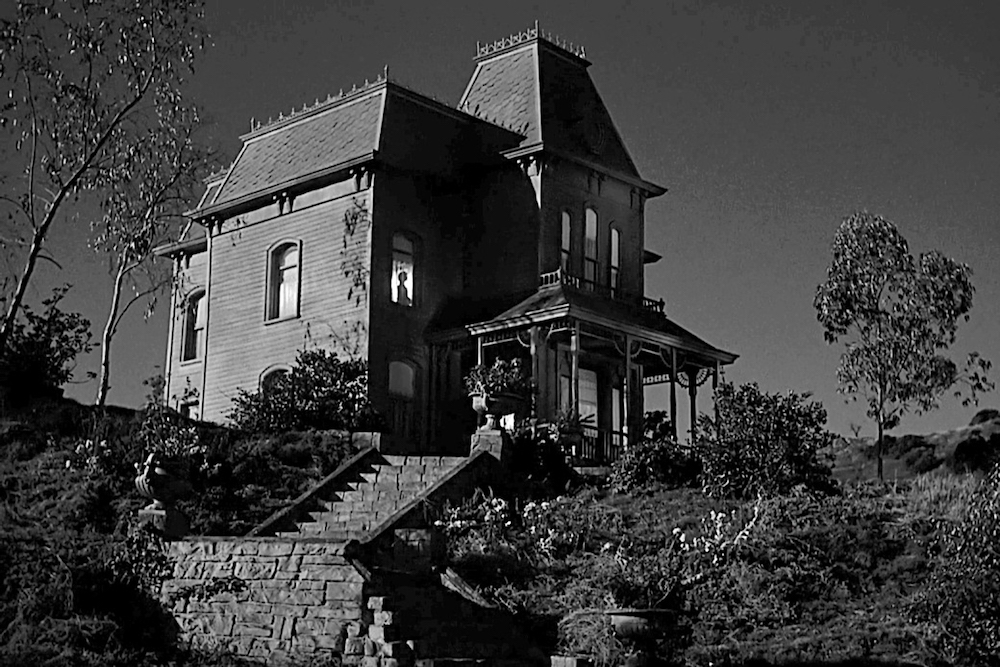
Alfred Hitchcock’s meticulous craftsmanship and innovative storytelling make “Psycho” a classic that continues to captivate and terrify audiences more than six decades after its release. The film’s legacy is evident in its enduring popularity, critical acclaim, and its impact on the way horror films are made and appreciated.
It remains a testament to Hitchcock’s genius and his ability to tap into primal fears, leaving a lasting mark on the history of cinema.
NEXT PAGE: “The Shining”



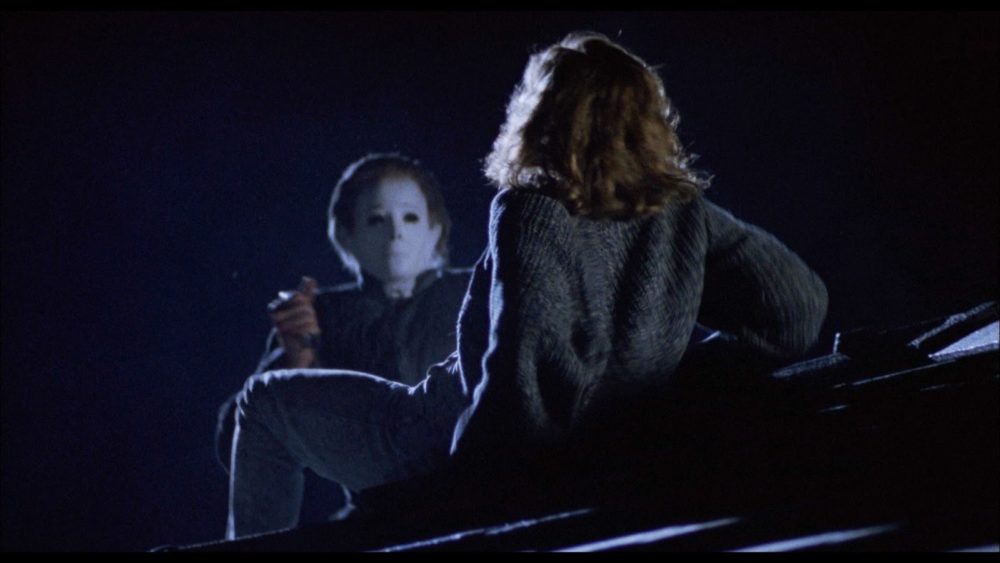
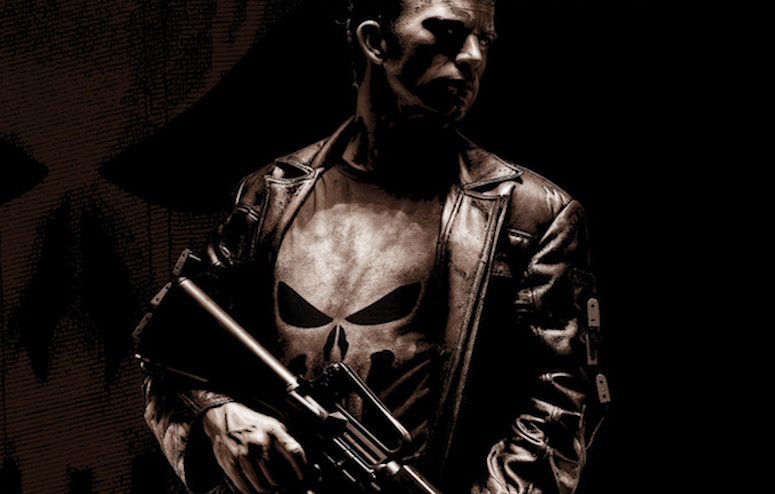
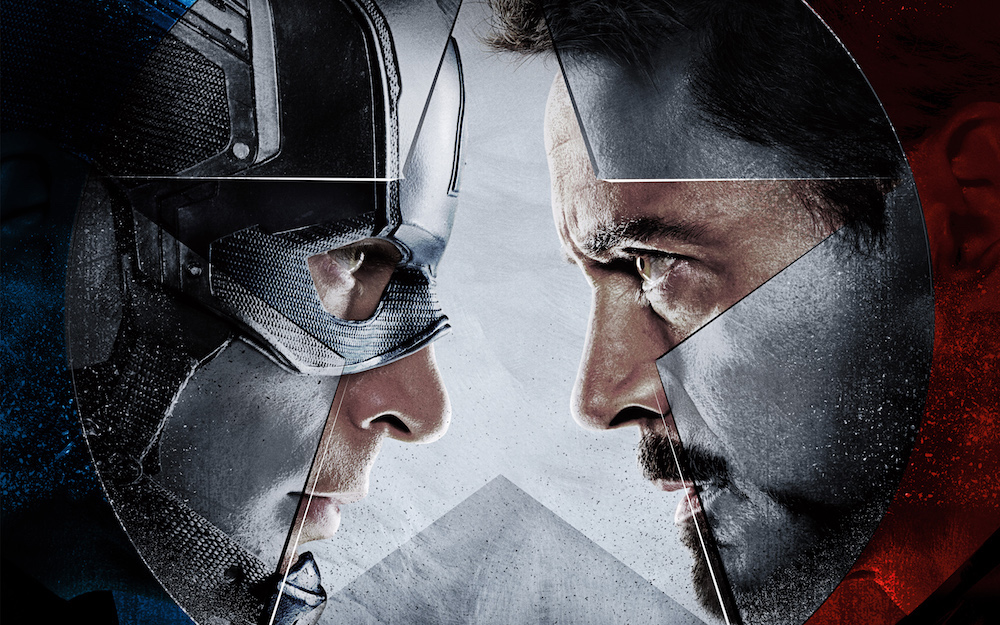
One thought on “Popcorn Sushi’s Top 5 Horror Films of All Time”